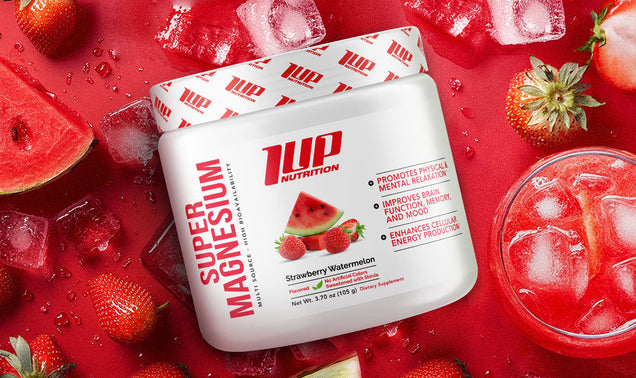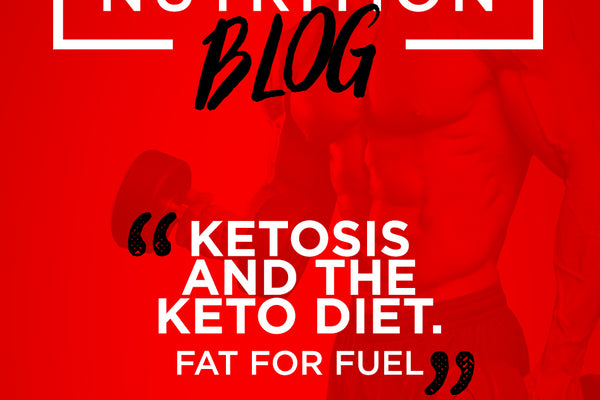In bodybuilding, the name of the game is to burn fat while maintaining muscle. It is a very difficult thing to do. Many folks actually never figure out how to do it, or they never put themselves in a position to do it properly so they just keep spinning their wheels in the gym. You can see people just getting more muscular while maintaining a high body fat percentage, or they lose a lot of weight (especially muscle) and just look too depleted.
When it comes to leaning out, or in the bodybuilding world “conditioning”, even the ones who make it to the pros still struggle to do so properly. They can look fantastic off-season, but come competition time, they miss the mark. We talk about “train hard” and stay consistent in the gym, but dynamic that needs to be focused on is nutrition.
When it comes to nutrition, there is a stigma that comes with the word “carbohydrate”. That stigma is that they are bad. They are perceived bad because by simply lowering them we can lose a good amount of body fat, so we automatically assume the presence of them means we will get fat. It is an absolute mindset that has plagued the fitness world for quite some time. Carbohydrates are critical for building good, lean muscle, but that topic will be for another article.
The delicate balance of maintaining muscle while losing fat is made or broken by nutrition, especially carb intake. When we eat carbs before a workout or during the day, or body is given our body an essential (outside) source of energy. The body will utilize the carbs to focus on insulin levels, hormone levels, and of course building new muscle. If we take away or limit the carbs we take in, the body then has to pull its energy from another source, muscle. This is why you see low carb diets contain higher protein and higher fat levels. The higher protein levels help with the prevention of muscle catabolism (breakdown) and the fats serve as an energy source. There is another process that takes place with the limited amount of carbs (glucose). The body will adapt a different route to meet the need for energy. The body begins to break down current fat stores in the body to provide glucose from triglycerides. The by-product of this process is called ketones. This is when the body enters ketosis.
Ketosis represents the body’s metabolic state where it is using fat stores as energy which causes the release of ketones. Ketones simply put are acids that build up in the blood and are usually pushed out of the body through urination. Caution needs to be taken though because if ketone levels get too high, the body can be poisoned (ketoacidosis). When done in small amounts though, they serve as proof that the body is breaking down fat stores.
With the aim and focus being on fat loss when it comes to ketosis, the diet world has taken note. The “Keto Diet” and some modifications of it have become quite popular in the fitness world. With the focus being on very low daily carb intake (roughly 50 carbs or below but it varies with each person), fitness culture and bodybuilders look to put their body in the ketosis state so fat stores are used up for energy, which in return lowers body fat levels. As stated up above, the jury is still out on if this diet being effective for building muscle due to the low carbs (which effect insulin level, hormone levels, and protein synthesis), but conventional wisdom says that this kind of diet would simply be one to lose fat first, and then the individual can determine their catabolic state by protein and fat levels throughout the day.
There is so much information out there when it comes to diet and nutrition, but it always falls back on the individual and how their body responds. Low carb diets such as the Keto Diet, have stuck around for as long as they have because let’s face it, when it comes to losing fat and losing fat quickly, they work. But precaution always needs to be taken when restricting something as valuable to the body as carbohydrates.






